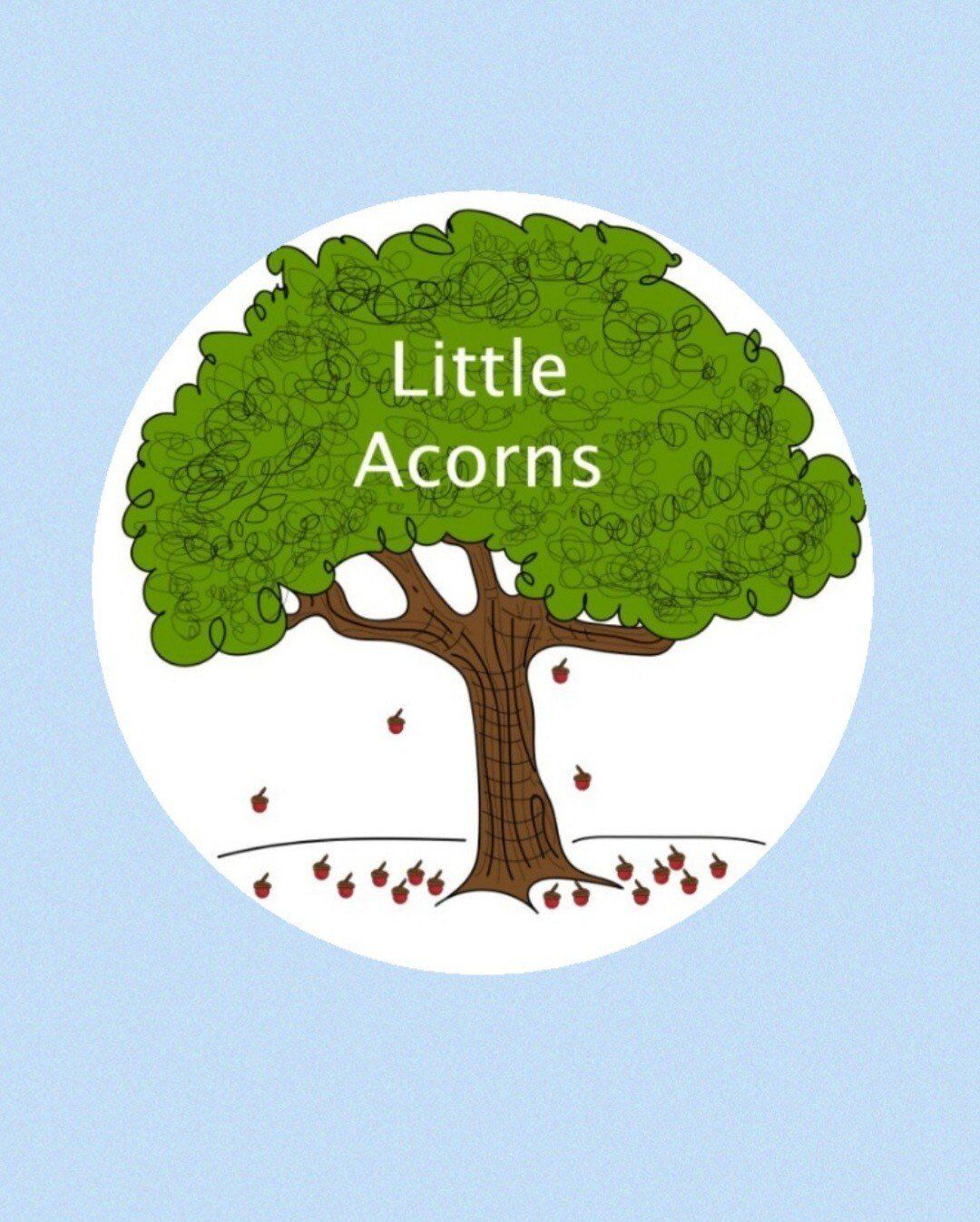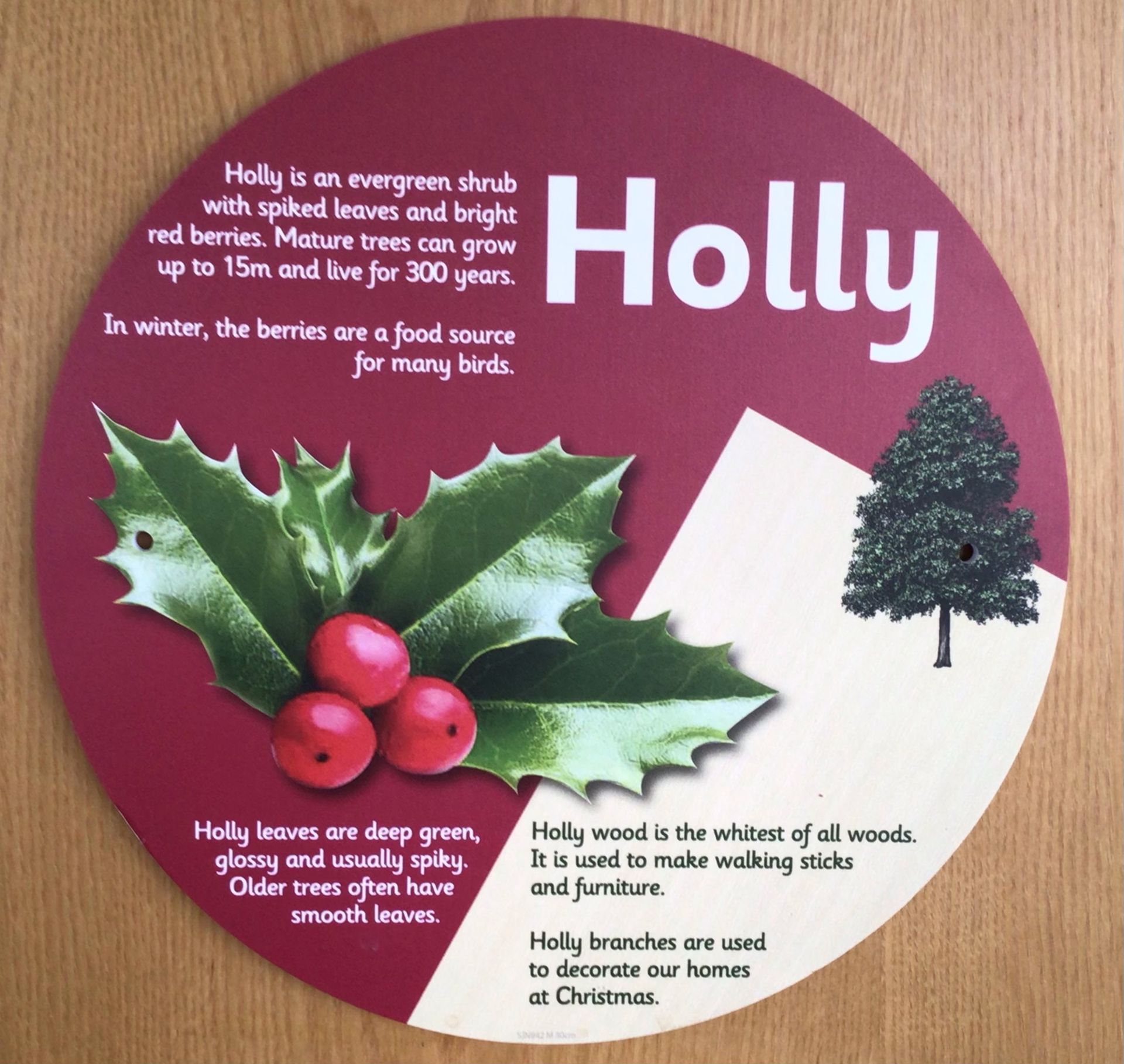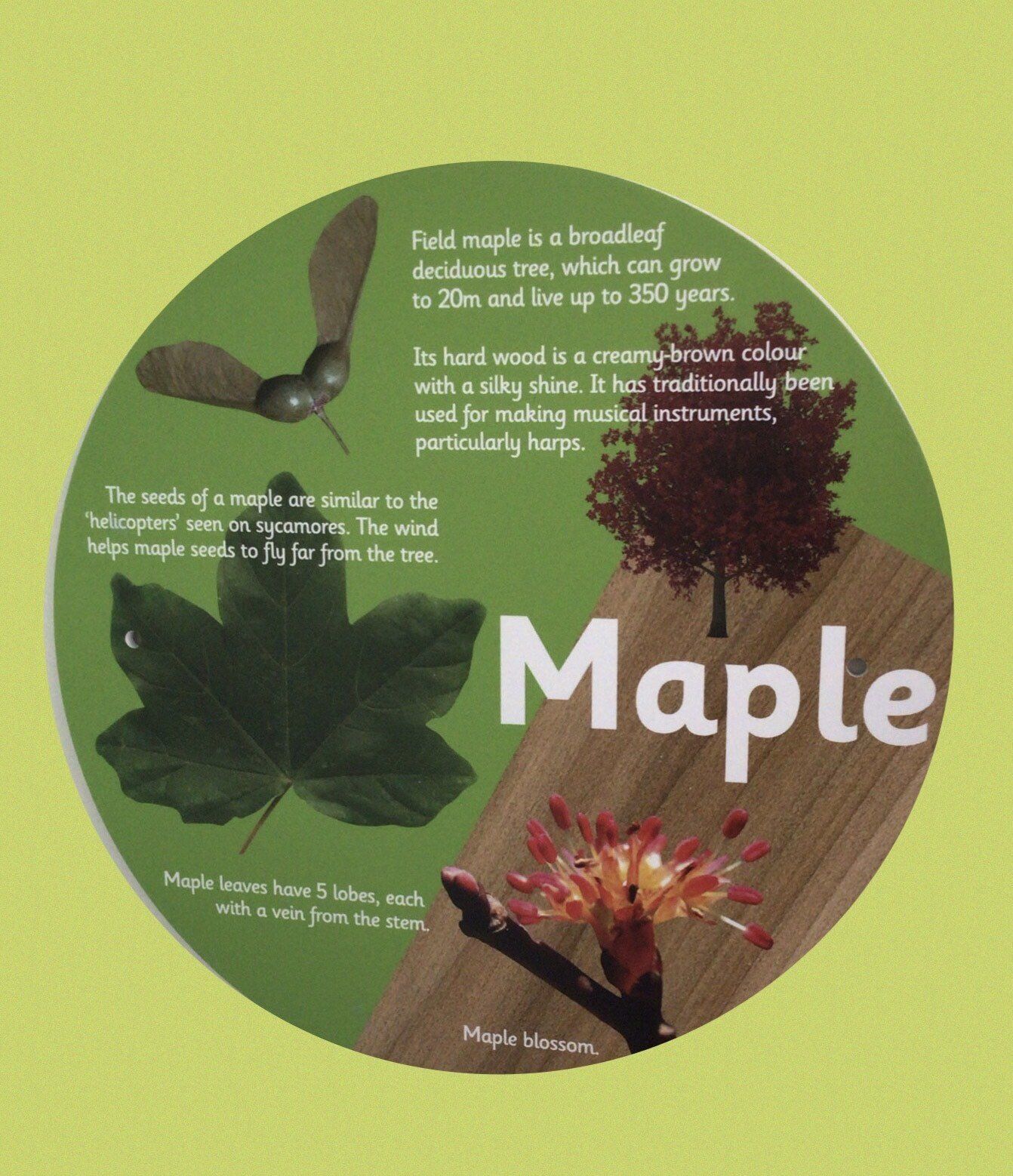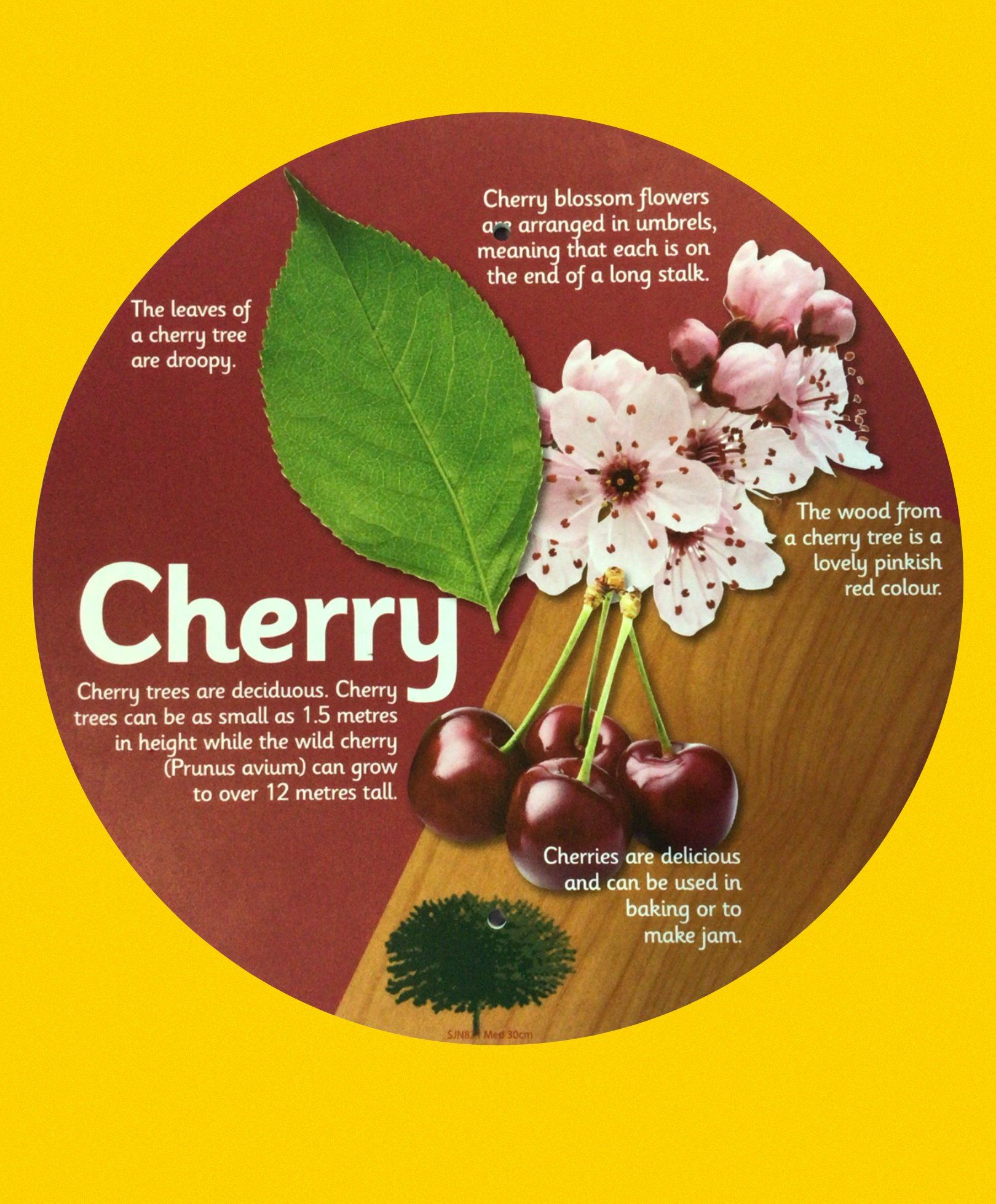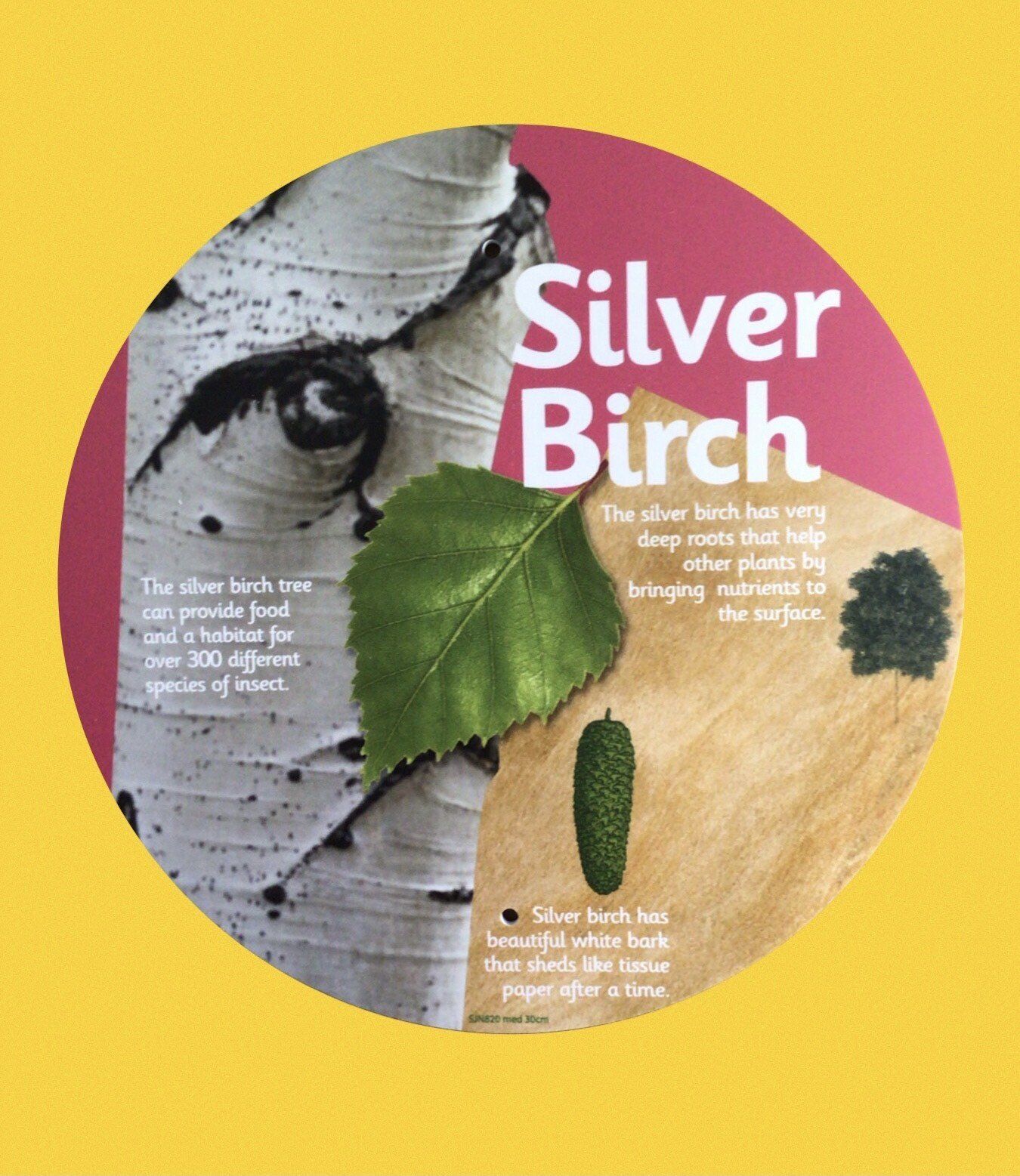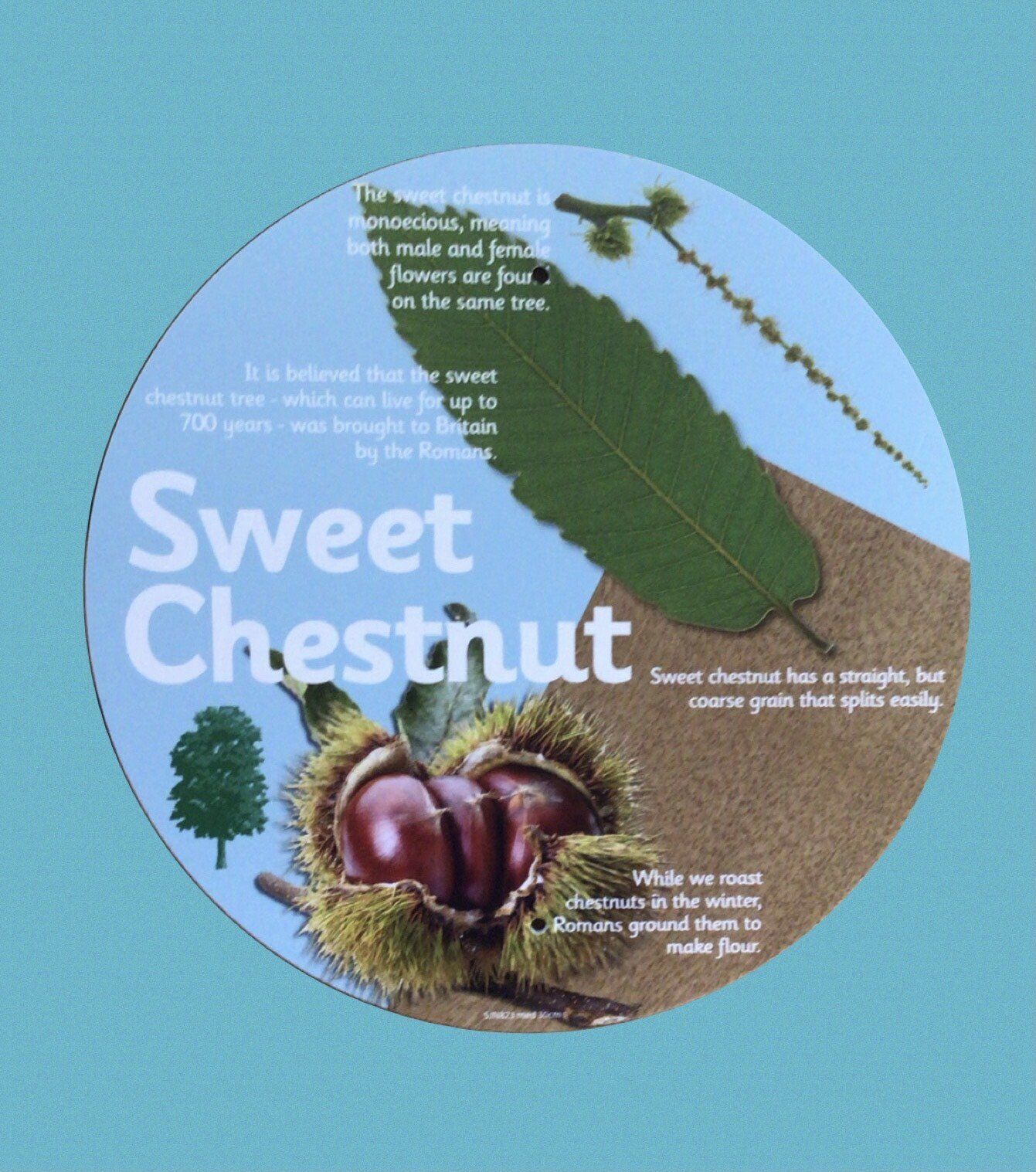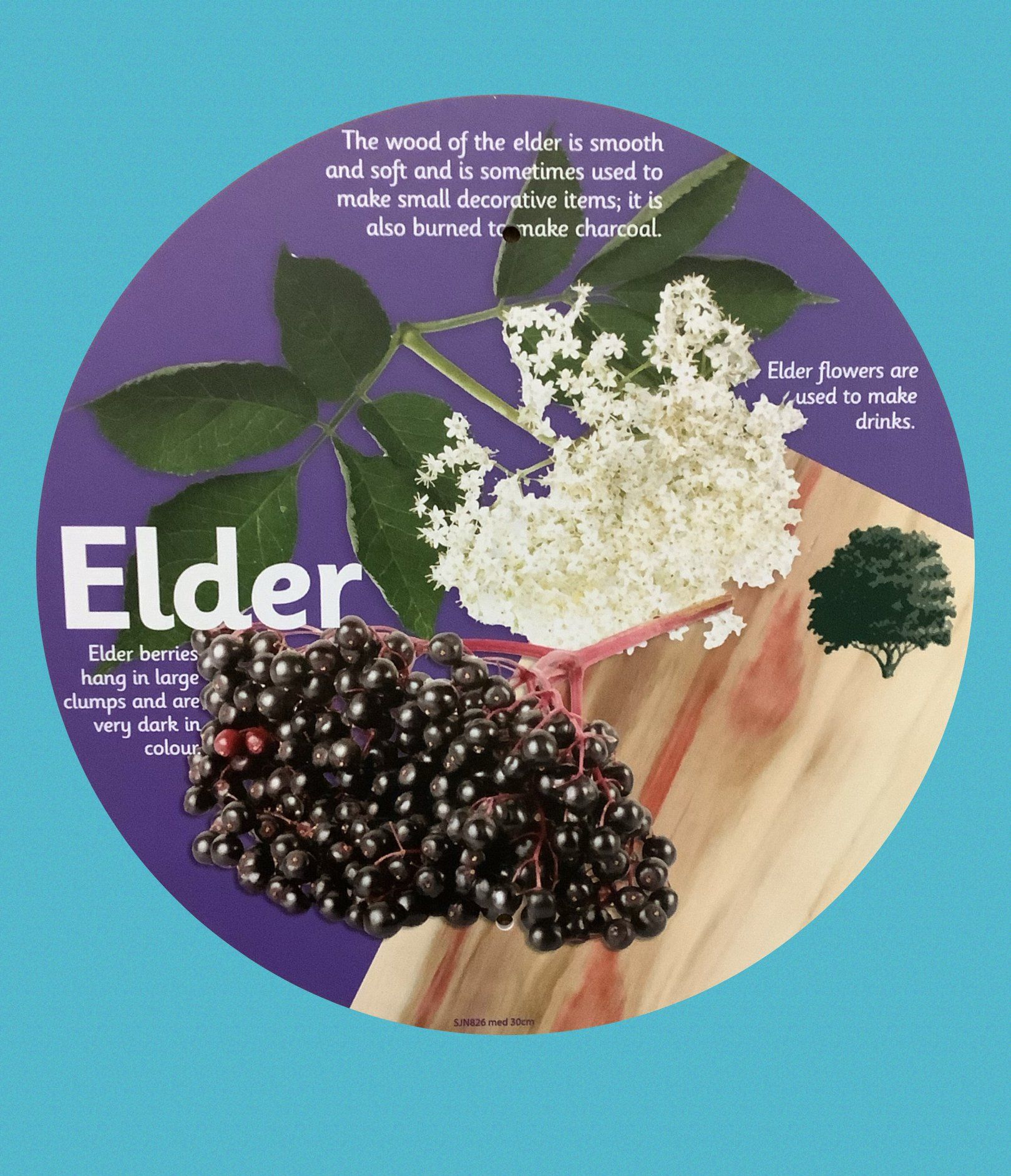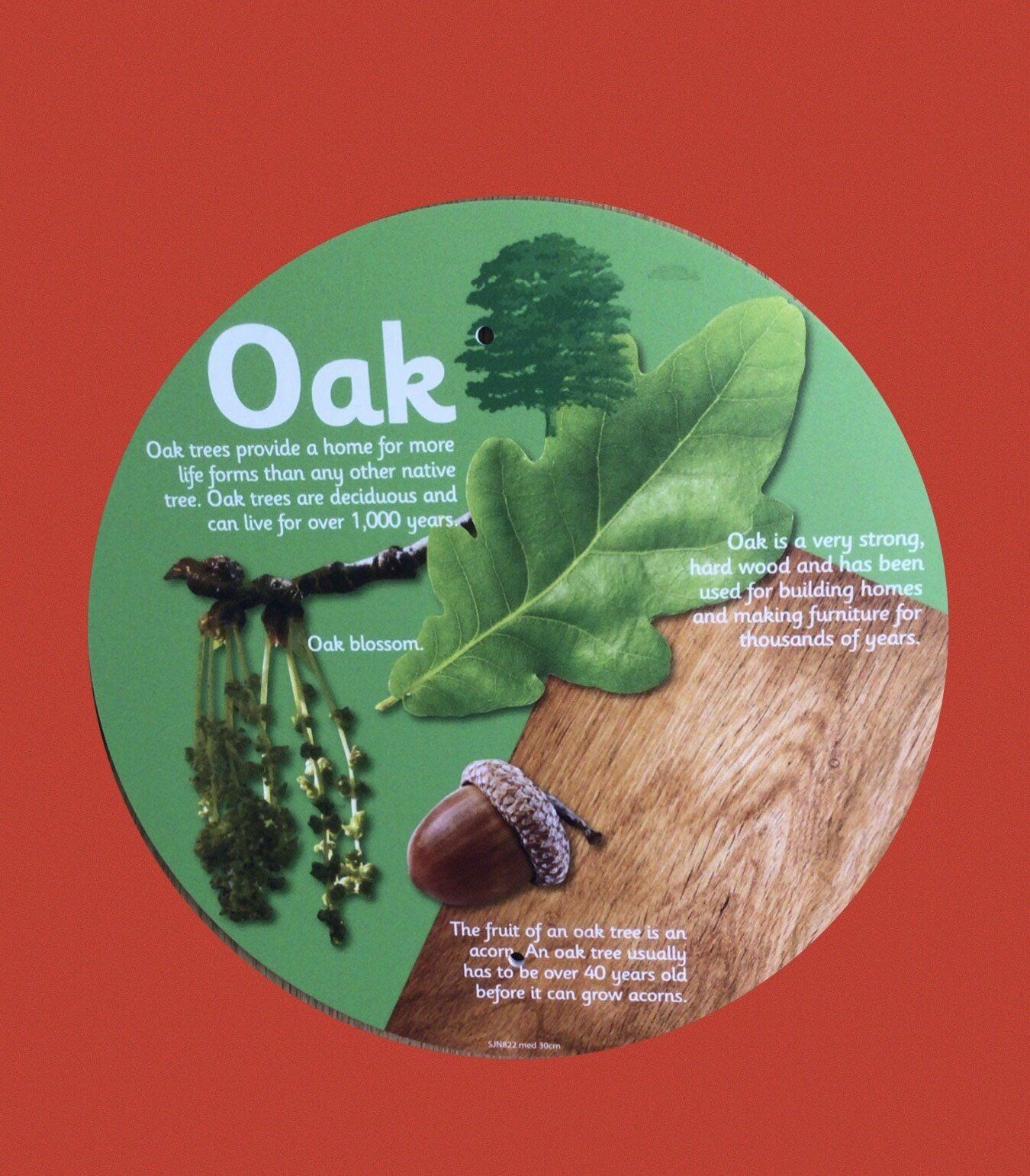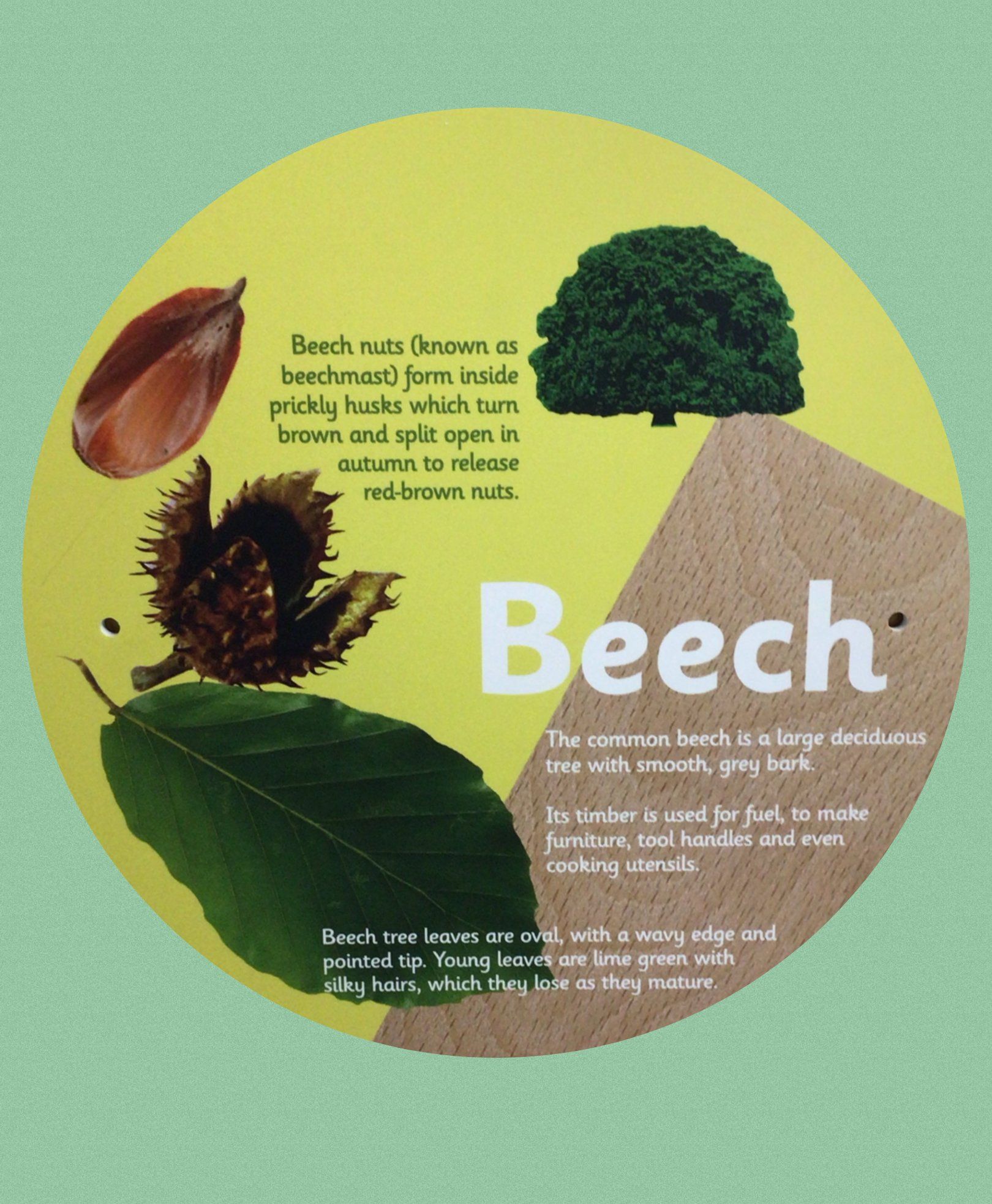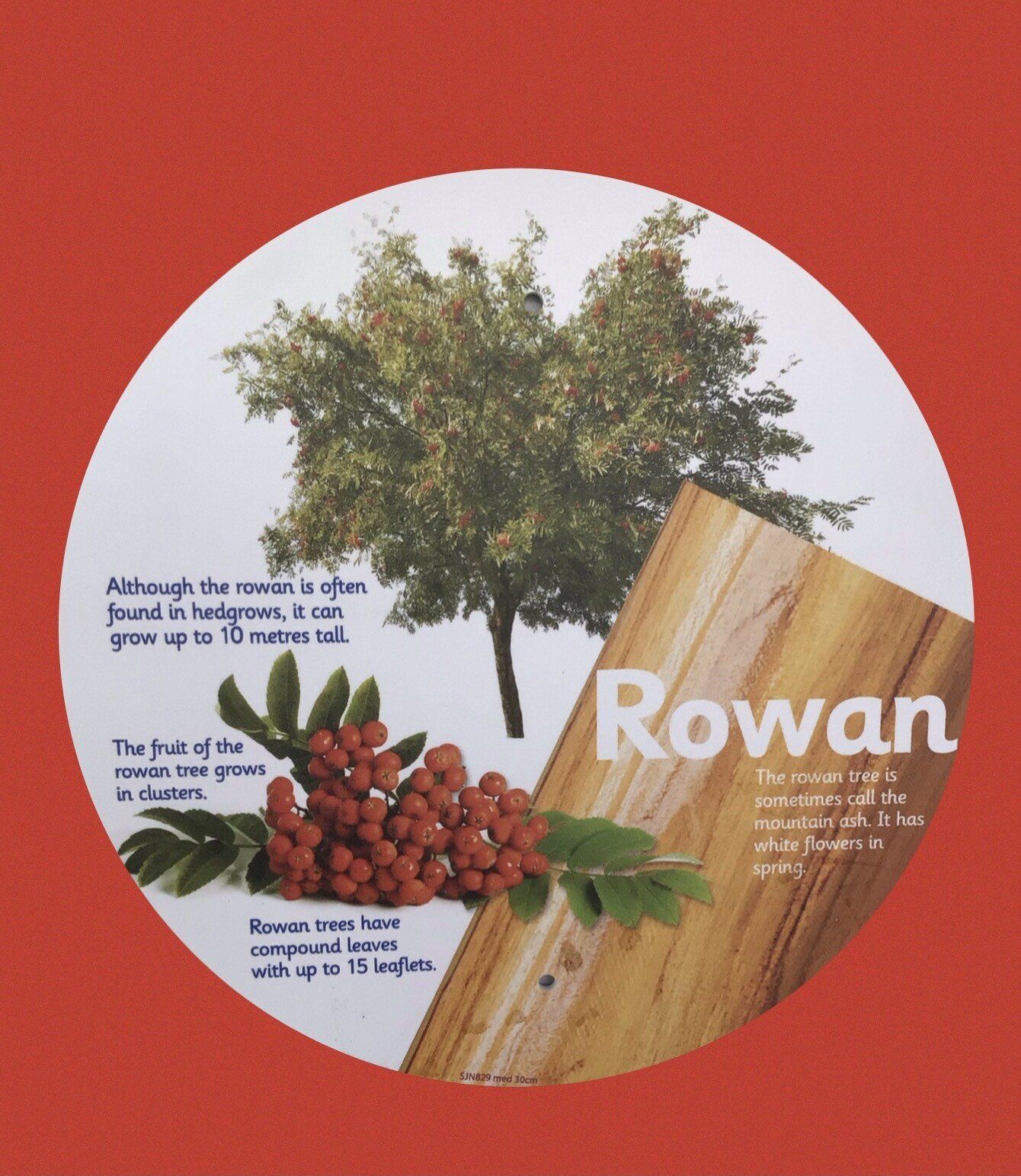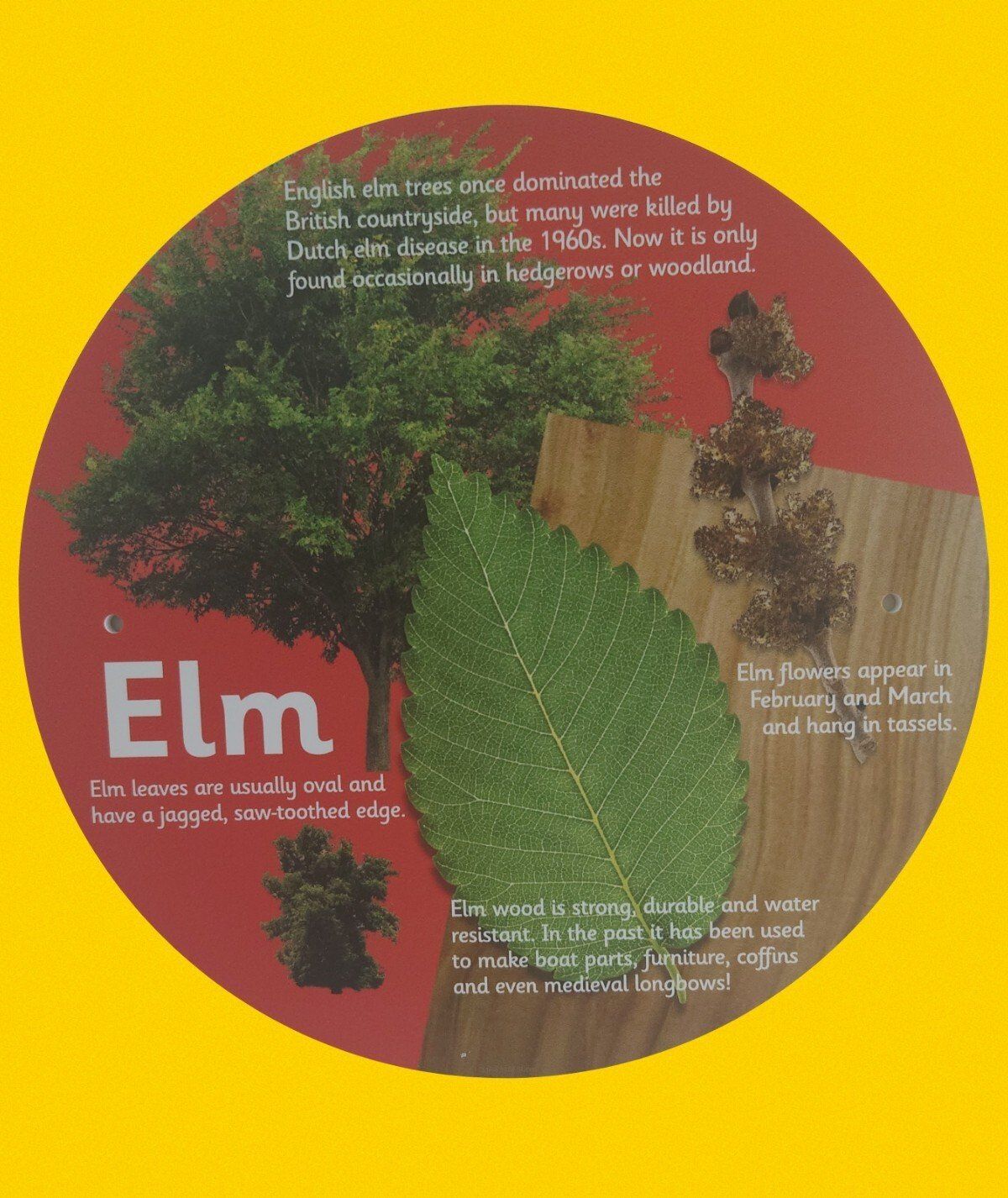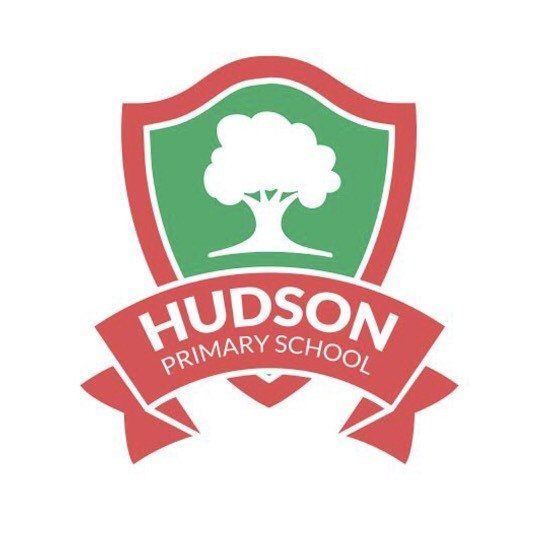Our Curriculum Explained
-
A Hudson Curriculum Experience
The curriculum delivered to our children at Hudson Primary is centred on our top three priorities as a school:
Improving
Improving standards for all children.
Closing
Closing gaps in attainment for all children, regardless of their background or starting points.
Embedding
Embedding knowledge and developing skills in all curriculum areas for all children.
For each subject we follow different programmes/schemes of learning which match or exceed the ambition of the National Curriculum. These programmes/schemes are then adapted or enhanced to meet our local context of our school community.
The curriculum vehicle we follow for each subject taught in our school is listed below...
English Phonics: Read Write Inc
English Reading: The Literacy Tree – Reading Seeds
English Writing: The Literacy Tree
Maths: White Rose Maths
Science: White Rose Science
History: United Learning Curriculum
Geography: United Learning Curriculum
Religion and Worldviews: Sefton Syllabus – RE Today!
Art and Design: United Learning Curriculum
Design Technology: United Learning Curriculum
Physical Education: Complete PE
Music: Get Set 4 Music
PSHE: 1Decision
Computing: NCCE Teach Computing
Modern Foreign Languages: Language Angels - Spanish
For further information about the curriculum for each subject, please click on the subject tabs on this page.
The United Learning Curriculum is the vehicle in which we teach the knowledge and skills in the majority of our wider curriculum subject areas. This curriculum is adapted to meet the needs of Hudson learners. Teachers take the responsibility of driving the curriculum at Hudson to ensure that the specific needs of our learners are met.
-
Implementation
At Hudson Primary School, we are committed to providing every pupil with a broad, balanced and ambitious curriculum that nurtures curiosity, deepens understanding and equips them with the knowledge, skills, and character needed for the next stage of their education and beyond.
Our curriculum is designed to be inclusive, stimulating and progressive, ensuring that all children – regardless of background or need – can thrive and achieve highly.
Curriculum Intent
Our intent is to offer a curriculum that:
- Builds progressively on pupils’ prior knowledge and experiences.
- Develops deep conceptual understanding within and across subjects.
- Promotes independent, confident learners who are motivated to achieve their best.
- Encourages children to become resilient, articulate, and responsible citizens.
- Ensures equity of access, giving every child the same entitlement to a high-quality education.
We aim to inspire a love of learning that lasts a lifetime, underpinned by strong literacy and numeracy foundations, and enriched by creative, cultural, and practical experiences.
Curriculum Implementation
The statutory National Curriculum (2014) forms the foundation of our teaching across Key Stages 1 and 2. Each subject area is carefully sequenced to ensure coherence and progression, allowing children to revisit and build on key ideas as they move through school.
Detailed curriculum and progression maps for each year group outline the knowledge and skills pupils will gain, ensuring that learning is purposeful and connected.
We record and celebrate learning through videos, photographs and displays, regularly sharing pupils’ achievements with families via ClassDojo and our school website.
Why We Chose United Learning
Hudson Primary has adopted the United Learning Curriculum because it provides a deliberately sequenced, knowledge-rich and expertly designed structure that aligns with our high ambitions for pupils. Written and refined by subject experts, it enables our teachers to deliver consistently high-quality lessons that extend beyond the expectations of the National Curriculum.
United Learning’s six core principles underpin our implementation strategy:
- Entitlement: Every pupil has the right to experience the full breadth of our curriculum.
- Coherence: Knowledge is logically and cumulatively sequenced to secure deep understanding.
- Mastery: Learning is built on firm foundations; pupils revisit prior knowledge to achieve depth before moving on.
- Adaptability: Teaching approaches are flexible to meet local context and individual needs, while maintaining core content integrity.
- Representation: The curriculum reflects and values all pupils, broadening horizons beyond their immediate experiences.
- Education with Character: Our provision extends beyond academic learning to nurture moral, social and cultural development, curiosity and compassion.
We currently follow the United Learning Curriculum in History, Geography, Art and Design, Design and Technology, and throughout our Early Years foundation stage.
Inclusion and Adaptation
At Hudson Primary, we recognise that every pupil’s journey is unique. While most pupils access our full formal curriculum, some require adapted or bespoke provision to best meet their learning needs.
Bespoke and Pre-Formal Curriculum
For pupils with complex learning difficulties and disabilities, we provide a personalised curriculum tailored to their stage of development. This approach prioritises engagement, sensory experiences, and functional learning outcomes.
We use the Engagement Model and Equals Curriculum to guide assessment for pupils not yet ready for subject-specific learning. This ensures that they make meaningful progress in key areas of communication, social interaction, emotional regulation, cognition, and physical development.
Key features of our pre-formal provision include:
- Highly personalised learning goals
- Process-driven, practical, and sensory-based experiences
- Flexibility in timetable and environment to support engagement
- Child-led exploration and discovery
- Ongoing review to enable transition to subject-specific study when appropriate
Impact and Evaluation
The impact of our curriculum is measured through:
- Ongoing assessment of pupils’ knowledge retention and conceptual understanding.
- Monitoring of progression across subjects through work scrutiny, pupil voice and formative assessment.
- Reviewing the quality of teaching and sequencing within each subject.
- Evaluating the extent to which pupils demonstrate confidence, curiosity, and independence.
Leaders continuously refine the curriculum through collaboration with United Learning’s expert teams and through feedback from teachers, pupils, and parents. This ensures that our curriculum remains dynamic, relevant, and ambitious for all learners.
-
Cultural Capital at Hudson
At Hudson, we provide all of our pupils with a rich and varied curriculum that helps them to gain a greater understanding of the world in which they live.
Every child and family who joins our setting will have their own knowledge and experiences that will link to their culture and wider family. This might include: languages, beliefs, traditions, cultural and family heritage and interests.
Cultural capital is the accumulation of knowledge, behaviours and skills that a child can draw upon and which demonstrates their cultural awareness, knowledge and competence. It is one of the key ingredients a pupil will draw upon to be successful in society, their career and the world of work.
Cultural capital gives power. It helps children achieve goals, become successful, and rise up the social ladder without necessarily having wealth or financial capital. Cultural capital is having assets that give children the desire to aspire and achieve social mobility whatever their starting point.
Ofsted define cultural capital as:
As part of making the judgement about the quality of education, inspectors will consider the extent to which schools are equipping pupils with the knowledge and cultural capital they need to succeed in life.
Our understanding of ‘knowledge and cultural capital’ is derived from the following wording in the national curriculum:
‘It is the essential knowledge that pupils need to be educated citizens, introducing them to the best that has been thought and said and helping to engender an appreciation of human creativity and achievement.’
At Hudson Primary School, our curriculum is designed to instil high aspirations in all of our children and to encourage them to become resilient, life-long learners who embrace challenges and continue to grow and develop their cultural capital. We believe that exposure, not only to culture but also to situations in which the children might not have previous experiences of, is of paramount importance to their ongoing successes.
Gradually widening children’s experiences as they progress through school is an important step in providing rich and engaging learning across the curriculum. We plan carefully for children to have these experiences from EYFS and beyond. These include trips to the local park, shops and visits to places of worship, museums, sports and music venues to name a few.
Click the tabs below to discover more.
-
English
The curriculum meets the statutory requirements as laid out in national curriculum 2014
High quality texts are at the heart of the English curriculum to allow for opportunities to read for pleasure and to model and stimulate the children's writing. Where appropriate, other curriculum subjects are used to extend writing opportunities in a range of genres.
Reading is at the heart of the Early Years and KS1 curriculum. Daily phonics sessions are delivered to all children in Nursery and beyond following the Read Write Inc. Systematic Synthetic Phonics Programme. Lessons are interactive, practical and stimulating. Reading sessions for parents are delivered across the school to ensure parents are able to support effectively at home.
The teaching of reading is timetabled daily in all year groups. These sessions have a clear focus and ensure the wider skills of reading are taught. There are opportunities for children to read silently and complete reading related tasks independently each week. There is dedicated reading and library time on each class timetable. The environment around school and our rewards systems are focused strongly around reading promotion and celebration.
Speaking, listening and drama activities are inbuilt into the various phases of the reading and writing process to enhance and deepen understanding.
There is a systematic approach to the teaching of spelling across the school. There is discrete teaching, this is then carried through into all subjects.
The teaching of Spelling, Punctuation and Grammar form an important part of the English curriculum. In most year groups there is a dedicated time given to the discrete teaching of these aspects which are also followed up within the main body of English lessons and in other subjects to embed a contextual understanding.
Handwriting is taught following 'Letter Join' this is a systematic whole school approach to handwriting.
Intent
The English National Curriculum (2014) states that:
‘The overarching aim for English in the national curriculum is to promote high standards of language and literacy by equipping pupils with a strong command of the spoken and written language, and to develop their love of literature through widespread reading for enjoyment.’
We believe the exposure of children’s literature within the primary school setting is vital as a rich context for learning; not only within English as a subject but to support building a reading culture throughout the school. We aim to use high quality books that offer opportunities for empathy and can aid philosophical enquiry, as a means of developing the spoken language requirements through debate, drama and discussion using the issues raised through, and within, the text.
Implementation
At Hudson Primary, we teach our English lesson discreetly by following the Literary Curriculum (Literacy Tree). The Literary Curriculum from the Literacy Tree is a complete, thematic approach to the teaching of primary English that places children’s literature at its core. As a whole-school approach, children explore 115 literary texts and experience at least 90 unique significant authors as they move through the school. By placing books at the core, we are allowing teachers to use the text as the context for the requirements of the National Curriculum.
The National Curriculum states that:
‘‘This guidance is not intended to constrain or restrict teachers’ creativity, simply to provide the structure on which they can construct exciting lessons.’
This would suggest that a context for learning is vital – and this is where our chosen approach can support teachers with ensuring that objectives for reading and writing, including those for grammar can have purpose. Our writing opportunities will be meaningful; whether short or long and the audience is clear. Books offer this opportunity: children have real reasons to write, whether to explain, persuade, inform or instruct and that where possible, this can be embedded within text or linked to a curriculum area. Writing in role using a range of genres is key to our approach as is writing a critique of the text and making comparisons – all writing skills that will support children in preparation for their time in secondary school. This sits comfortably alongside the following statement from the English National Curriculum.
‘The national curriculum for English aims to ensure that all pupils write clearly, accurately and coherently, adapting their language and style in and for a range of contexts, purposes and audiences.’
Over their time at the school, children will read and write a variety of fiction and non fiction texts, including recounts, news reports, explanation texts, poems, plays and stories of all kinds. We use drama, role-play, storytelling and discussion to engage the imagination, before moving on to vocabulary exploration, sentence craft and creative writing.
Organisation
We teach English as whole class lessons, so that all children have access to the age-related skills and knowledge contained in the National Curriculum. Within lessons, teachers and teaching assistants target support for slower graspers to enable them to achieve at an age-related level wherever possible. This may involve a greater level of scaffolding and access to additional support materials such as Word Banks or a greater level of modelling. Rapid graspers are given opportunities to extend their writing in a variety of ways, including through showing greater control in their writing, a deeper understanding of the impact that their writing has on the reader and by using a higher level of vocabulary and grammar features. Children will experience aspects of the National Curriculum within each phase on multiple occasions, for a range of audience and purpose, embedding knowledge and skills by over-learning.
Spellings: Spellings are taught according to the rules and words contained in Appendix 1 of the English National Curriculum. Teachers use the Literary Tree Spelling Seeds to support their teaching and to provide activities that link to the weekly spellings. Children are given spellings to learn each week and are given a spelling test the following week.
Grammar and Punctuation: Grammar and punctuation knowledge and skills are taught through English lessons as much as possible. Teachers plan to teach the required skills through the genres of writing that they are teaching, linking it to the genre to make it more connected with the intended writing outcome. Teachers may sometimes focus on particular grammar and punctuation skills as stand-alone lessons, if they feel that the class need additional lessons to embed and develop their understanding or to consolidate skills.
Impact
• Pupils will enjoy writing across a range of genres
• Pupils of all abilities will be able to succeed in all English lessons because work will be appropriately scaffolded
• Pupils will have a wide vocabulary that they use within their writing
• Pupils will have a good knowledge of how to adapt their writing based on the context and audience
• Pupils will leave primary school being able to effectively apply spelling rules and patterns they have been taught
• Parents and carers will have a good understanding of how they can support spelling, grammar and composition and home, and contribute regularly to homework
• The % of pupils working at ARE within each year group will be at least in line with national averages. The % of pupils working at Greater Depth within each year group will be at least in line with national averages
• The will be no significant gaps in the progress of different groups of pupils (e.g. disadvantaged vs non -disadvantaged)
Hudson makes great use of research to inform English teaching practices and also the support and networking with the St John Vianney English Hub.
-
Maths
When developing the mathematics curriculum at Hudson Primary, we have taken much of the content and principles of ‘Mastery’ taken from the National Curriculum, which reflects the teaching found in high performing education systems internationally, particularly those of east and south-east Asian countries such as Singapore, Japan, South Korea and China.
We have carefully considered the impact of the cultural differences and the specific needs of our children. Through work with NCETM and collaborations with our local NW3 Maths HUB we have created a curriculum that provides the children with a greater Mastery approach.
Whole class moves through content at the same pace
When teaching maths for mastery, the whole class moves through topics at broadly the same pace. Each topic is studied in depth and the teacher does not move to the next stage until all children demonstrate that they have a secure understanding of mathematical concepts.
Time to think deeply about the maths
Students are given time to think deeply about the maths and really understand concepts at a relational level rather than as a set of rules or procedures. This slower pace leads to greater progress because it ensures that students are secure in their understanding and teachers don’t need to revisit topics once they’ve been covered in depth.
Builds self-confidence in learners
In a traditional primary school maths lesson, children are put in different groups and given different content based on their anticipated ability. This means that from an early age children are classed as those who can and can’t “do maths”. Teaching maths for mastery is different because it offers all pupils access to the full maths curriculum. This inclusive approach, and its emphasis on promoting multiple methods of solving a problem, builds self-confidence and resilience in pupils.
Differentiates through depth rather than acceleration
Though the whole class goes through the same content at the same pace, there is still plenty of opportunity for differentiation. Unlike the old model, where advanced learners are accelerated through new content, those pupils who grasp concepts quickly are challenged with rich and sophisticated problems within the topic. Those children who are not sufficiently fluent are provided additional support to consolidate their understanding before moving on.
Basis for the 2014 National Curriculum For Maths
Teaching maths for mastery is a key plank of the Government’s education reforms and is reflected in the 2014 English national curriculum for mathematics. The NCETM, Department for Education and OFSTED have all endorsed this evidence-based approach which is a key part of the work within the Maths Hubs Programme. For more information of our approach to Mathematics see - https://mathsnoproblem.com/
Multiplication Tables
At Hudson we realise knowing times tables facts is crucially important to your child’s progression in their mathematics education. Without a thorough understanding of multiplication and division facts, children frequently get ‘lost’ when it comes to do anything with fractions and any multiplication or division with larger numbers. Many mental maths activities and tests require a quick recall of multiplication and division facts. Children who are secure in their times tables knowledge are able to get to grips with trickier tasks straight away and are far more successful.
We practice times tables daily in the classroom with weekly tests to check for flunecy and instant recall. Our pupils also have access to a fantastic online way to develop knowledge of times tables and division facts for all pupils from Y1-Y6. Times tables are recognised as essential to access many mathematical concepts and knowledge will be assessed at the end of Y4, from September 2018, by a National test.
-
Science
At Hudson Primary School, we want our children to be naturally curious about the world around them. We want to embrace their sense of wonder about natural phenomena and to guide them into becoming enquiry-based learners.
Science in our school is about developing children’s ideas and ways of working that enable them to make sense of the world in which they live. We want our children to develop an understanding of the uses and implications of Science, how it has changed and shaped our lives and how vital it is to the world’s future prosperity.
Scientific enquiry skills are embedded in each topic the children study and these topics are revisited and developed throughout their time at Hudson. Topics are taught and continually reviewed to ensure that the children have understood what has been taught and that it has entered their meta-memory, through the use of the White Rose Science scheme and Flashback 4.
Science teaching at Hudson involves adapting and extending the curriculum to match all pupils’ needs to ensure they are challenged and achieve success, regardless of their starting point. Where possible, science is linked to termly topics. Science is taught as discrete units and lessons were needed to ensure coverage in line with the National Curriculum requirements. In addition, opportunities are sought to teach science through all primary subjects.
-
History
The United Curriculum for History provides all children, regardless of their background, with:
Coherent and chronological substantive knowledge of the history of Britain and the wider world, selected to build pupils’ understanding of three vertical concepts.
These vertical concepts provide both a concrete lens through which to study and contextualise history, as well as use small steps to help pupils gain a deep understanding of complex, abstract ideas:
- Quest for knowledge
How do people understand the world around them? What is believed; what is known; what scientific and technological developments are made at the time? How is knowledge stored and shared? What shapes people’s views about the world?
- Power, empire and democracy
Who holds power, and what does this mean for different people in the civilisations? How is power wielded and legitimised? How are people’s rights different in different historical contexts?
- Community and family
What is life like for different people – men, women and children – in different societies? How are these societies structured? How are family and community roles and relationships different in different historical contexts?
Opportunities for all pupils to see themselves reflected in the curriculum, but also to be taken beyond their own experiences. The history curriculum teaches pupils about civilisations from across the world, and always incorporates the experiences – positive and negative – of ethnic minorities in the history of Britain.
Grounding in core disciplinary and procedural knowledge, and the ability to approach challenging, historically-valid questions, giving pupils the ability for pupils to learn how to think, read and write like an historian.
An excitement for history, which inspires a curiosity to learn more about the past.
-
Geography
The United Curriculum for geography provides all children, regardless of their background, with:
- Relevant and coherent substantive knowledge of the world, which is built gradually using subject-specific pedagogy from EYFS to Year 6 and beyond.
- Substantive knowledge – both conceptual and procedural – is selected to build pupils’ understanding of three geographical vertical concepts:
A) Space and Place
Developing an understanding of space through ideas related to location, distribution, pattern and distance.
Developing a sense of place and character through ideas related to identity, home, community, landscapes and diversity, and examining a range of case studies from across the globe.
B) Physical Processes
How the Earth’s natural processes shape and change the surface of the Earth. This includes both Geology & Earth Science aspects, such as the structure of the Earth and physical features we see on the land, as well as Environmental Science aspects, such as the weather and our changing climate. Both of these are threaded through the science curriculum too.
C) Human Processes
The processes and phenomena that are caused by or relate to people, including our Use of Resources; the distribution and changes to the Population & Communities; and the features of the Economy & Development.
- A balanced view of the countries of the world, to address or even preempt misconceptions and negative stereotypes.
- Explicit teaching of core disciplinary knowledge, and the ability to approach challenging, geographically-valid questions.
- Geographical enquiry skills have been sequenced across the year groups and, where appropriate, review and build on relevant knowledge that is first taught in mathematics or science, such as interpreting line graphs or setting hypotheses.
- Opportunities to undertake fieldwork, outside the classroom and virtually. Fieldwork is purposeful, and either gives pupils the opportunity to put into practice relevant disciplinary knowledge or to reinforce their substantive knowledge.
-
Design & Technology
The United Curriculum for Design & Technology provides all children, regardless of their background, with:
Substantive knowledge:
- Ensuring pupils master core content through the development of conceptual knowledge of structures, mechanisms, materials and programming in small steps, and the timely revisiting of this key knowledge.
- Ensuring that pupils are explicitly taught and have time to master procedural knowledge, including craftsmanship of cutting, shaping, joining and finishing as well as engineering in focused practical tasks.
- Making explicit and deliberate links to other curriculum subjects – particularly science – to ensure that pupils use and apply scientific concepts in a Design & Technology setting at the appropriate time. Pupils also draw on and further develop knowledge and skills first taught in Mathematics, History, Computing and Art & Design, due to the multi-disciplinary nature of Design & Technology.
Disciplinary knowledge:
- Reinforcing the iterative design process in the heart of every unit, and allowing pupils to build their understanding and ability to apply design values gradually from EYFS to Key Stage 2 and beyond.
- Ensuring that pupils know they are designers and engineers, who design a solution to fit a specific user and need; they are not led by outcomes. Pupils should be encouraged to design products using all of the knowledge they have developed across the curriculum.
- Explicitly teaching ways of designing, ways of generating ideas and ways of identifying user needs, to give pupils the tools they need to thrive as designers of the future.
Curiosity and excitement about the possibilities offered by Design & Technology:
- Ensuring that all pupils can see themselves reflected in the Design & Technology curriculum, by exploring the contributions made by a wide range of designers, past and present.
- Opportunities to develop character by understanding the difficulties faced by those designers and seeing how characteristics such as resilience and risk taking contributed towards success.
- Understanding the contribution that design and technology makes to creativity, culture, wealth and the well-being of a nation and that more opportunities exist than ever before due to technological advances.
-
Art & Design
The United Curriculum for Art provides all children, regardless of their background, with:
Entitlement
Regardless of their starting point, the curriculum allows pupils to produce creative work, to explore ideas and develop the confidence to excel in a broad range of artistic techniques. All pupils will learn about artists and cultures from across history and across the world.
Coherence
Taking the National Curriculum as its starting point, the curriculum is sequenced from Early Years to Key Stage 3 and beyond so that pupils gradually develop and build their practical knowledge, including the formal elements, the use of a range of materials in two and three dimensions, and the techniques required to produce artwork. Theoretical and disciplinary knowledge is sequenced so that pupils build a deeper understanding across key stages.
Mastery
All pupils will be explicitly taught about the formal elements – colour, form, line, pattern, shape, texture and tone – and other aspects of art knowledge in small steps. Pupils will revisit, develop and apply their skills with increasing technical proficiency.
Adaptability
Our art curriculum is designed to give teachers flexibility, allowing them to select and adapt resources for their specific context. Schools are encouraged to bring it to life for their pupils by supplementing it with artists from their local area. In Key Stage 3, schools should select outcomes, materials and skills focus for units based on local context and teacher expertise.
Representation
The Art curriculum provides children with the opportunity to explore historical and contemporary artists and artworks, who represent their own and others’ cultures, values and beliefs. We will explore the context in which the art was produced, and consider the full breadth of human experience and expression through art.
Education with Character
We aim to build and maintain pupils’ confidence in their ability as artists to create. The curriculum will develop aspects of character such as resilience, confidence and risk taking. Through the curriculum, pupils are given opportunities to share, reflect and learn about each other’s experiences whilst recognising the things we have in common.
-
Religious Education
Religious Education at Hudson aims to develop our pupils as well-rounded citizens who understand religion, appreciate similarities and differences within and across religions, embrace diversity, respect individuals and are able to express their own thoughts and beliefs whilst showing respect and tolerance of the thoughts and beliefs of others.
At Hudson, the Religious Education curriculum is adapted from the Agreed Sefton SACRE RE syllabus 2021-2026 in conjunction with "RE Today". It allows pupils to gain understanding of the range of religious and non-religious world views studied, over a period of time so that pupils can find out what matters most to people in a wide range of traditions represented in our local area and beyond.
Lessons are structured through a series of 'Enquiry Key Questions' for each unit allowing children to explore ideas. In accordance to the Sefton agreed syllabus, Hudson Primary's RE curriculum requires that all pupils study Christianity in each key stage. In addition, pupils will study the principal religions represented in the UK. These are Islam, Hindu dharma and Judaism. Non-religious worldviews, such as Humanism, are also built into the curriculum.
Reception - (age 4-5s )
Discovering
Children will encounter Christians and people of other faiths, as part of their growing sense of self, their own community and their place within it. They discover religion in terms of special people, books, times, places and objects. Pupils listen to and talk about stories. They are introduced to religious words, and begin to explore religions and beliefs, practices and forms of expression. They are encouraged to reflect on their own feelings and experiences.
Key Stage 1 - (age 5-7s)
Exploring
Pupils explore the beliefs and traditions of Christians, Muslims and Jewish people. Pupils learn about different beliefs about God and the world around them. They encounter and respond to a range of stories, artefacts and other religious materials. They learn to recognise that beliefs are expressed in a variety of ways and they begin to use specialist vocabulary. They begin to understand the importance and value of religion and belief, for themselves and other children and their families.
Key Stage 2 - (age 7-11s)
Connecting
Pupils continue to learn about Christians, Muslims, Hindus and Jewish people; recognising the impact of religion and belief locally, nationally and globally. RE is heavily focussed on making connections between differing aspects of religion and considering the different forms of religious expression. They consider the beliefs, teachings, practices and ways of life central to religion. They learn about sacred texts and other sources and consider their meanings. They begin to recognise diversity in religion, learning about similarities and differences both within and between religions and beliefs and the importance of dialogue between them. Pupils are encouraged to extend the range and use of specialist vocabulary.
-
Physical Education
At Hudson Primary School, we aim to provide high-quality physical education to inspire all pupils to succeed in P.E. and to develop skills which will help them throughout their lives. During sporting activities, effort and hard work are praised as well as success. Enjoyment, perseverance, fair play, respect for others and teamwork are also promoted.
We encourage all children to be physically active and to take part in competitive sport and other physically-demanding activities. We aim to provide opportunities for pupils to become physically confident in a way which supports their health and fitness. By providing the children with a wide variety of activities and opportunities to engage in physical activities, we hope to improve their fitness and develop habits which will help them to lead healthy and active lives.
Implementation
Our long-term planning sets out the PE units, which are taught throughout the year and ensures that the requirements of the National Curriculum are fully met. Teachers use (and adapt, when necessary) the Complete P.E. scheme to support them in their planning. These documents are progressive, coherent and apply fundamental skills, which are year group appropriate. Subject vocabulary is displayed in knowledge organisers to support learning, as well as being reinforced by teachers.
Pupils across the school participate in one P.E. lesson every week. In addition, children are encouraged to participate in the varied range of extra-curricular activities on offer and complete the daily mile.
At Hudson we enter children into a range of competitive sporting events throughout the year. Some of these competitions are organised by the local high school and sports providers from the local area. In addition to these events, smaller groups of children are selected to take part in competitions which allow them to have the chance to progress to a higher level of competition by representing Sefton at the Merseyside Games and in cross-country events or the opportunity to represent Merseyside in National competitions. Achievements are celebrated in assemblies.
Impact
Our P.E. curriculum is progressive and allows children to develop fundamental skills and to apply them to a variety of sports and activities. All children are given the opportunities to achieve their personal best and to demonstrate improvement. Throughout their time at Hudosn, all children are provided with opportunities to take part in competitive activities and extra-curricular sport.
We help to motivate children to participate in a variety of sports through quality teaching and links with external providers. Our pupils are physically active and all children take part in the daily mile. This has a positive effect on their fitness levels.
As part of the curriculum, children are taught to understand how to lead a healthy lifestyle and the importance of exercise.
-
Spanish
At Hudson we foster an early understanding of the Spanish language and enable children to speak with increasing confidence, fluency and accuracy. We aim to teach children to read and write increasingly complex sentences and build an understanding of key grammatical features.
We also foster an appreciation of the culture and traditions of Spain.
Hudson intends to use the Language Angels scheme of work and resources to ensure we offer a relevant, broad, vibrant and ambitious foreign languages curriculum that will inspire and excite our pupils using a wide variety of topics and themes. All pupils will be expected to achieve their full potential by encouraging high expectations and excellent standards in their foreign language learning - the ultimate aim being that pupils will feel willing and able to continue studying languages beyond key stage 2.
The intent is that all content will be continuously updated and reviewed annually, creating a dynamic programme of study that will be clearly outlined in both long-term and short-term planning. This will ensure that the foreign language knowledge of our pupils progresses within each academic year and is extended year upon year throughout the primary phase and, in so doing, will always be relevant and in line with meeting or exceeding national DfE requirements.
The four key language learning skills; listening, speaking, reading and writing will be taught and all necessary grammar will be covered in an age-appropriate way across the primary phase. This will enable pupils to use and apply their learning in a variety of contexts, laying down solid foundations for future language learning and also helping the children improve overall attainment in other subject areas. In addition, the children will be taught how to look up and research language they are unsure of and they will have a bank of reference materials to help them with their spoken and written tasks going forward. This bank of reference materials will develop into a reference library to help pupils recall and build on previous knowledge throughout their primary school language learning journey.
The intent is that all pupils will develop a genuine interest and positive curiosity about foreign languages, finding them enjoyable and stimulating. Learning a second language will also offer pupils the opportunity to explore relationships between language and identity, develop a deeper understanding of other cultures and the world around them with a better awareness of self, others and cultural differences. The intention is that they will be working towards becoming life-long language learners.
-
PSHCE
The PSHCE curriculum is one that Hudson prioritises within its curriculum timetable, research shows that children who are emotionally healthy do better at school.
At Hudson, we believe that the teaching of PSHE (Personal, Social, Health and Economic development) helps pupils to develop the knowledge, skills, and attributes they need to manage their lives both now and in the future. We use an embedded Primary PSHE scheme of work called 1decision and believe that through our well-rounded curriculum, we help children to achieve their potential by supporting both their physical and mental wellbeing and by tackling relevant issues that can affect their ability to learn.
We view each child as an individual and are sensitive to differing children’s needs, life experiences and individual circumstances. Through our personalised curriculum, we use additional 1decision Nurture resources to discuss and learn about specific topics with either the whole class, small groups or individuals to equip children with the specific skills and knowledge which they may need.
We focus upon teaching children the fundamental building blocks and characteristics of positive relationships, with a particular focus on friendships, family relationships and relationships with other children and adults. This helps to equip children with knowledge of the features of healthy relationships and friendships in order to help them foster relationships which lead to happiness and security throughout their lives.
As many children now have quick and easy access to the internet in the modern world, we ensure to teach our children about online safety, appropriate behaviour and how information and data can be shared and used online. This in turn equips them with the knowledge and skills to stay safe online.
Through Relationships Education, we ensure that children understand their rights over their own bodies, boundaries and privacy, ensuring that children are aware of whether a relationship is appropriate or not and how to report concerns and seek advice when necessary.
At Hudson, we focus on teaching the characteristics of good physical health and mental well-being. We strongly believe in the positive effect of physical exercise and time spent outdoors on children’s mental health and incorporate this into our Hudson way of life, encouraging children to take part in a large array of sports clubs and through completing the daily mile.
We provide our children with opportunities to learn about rights and responsibilities and appreciate what it means to be a member of a diverse society. Our children are encouraged to develop their sense of self-worth by playing a positive role in contributing to school life and the wider community, therefore enabling them to become healthy, independent, and responsible members of a society.
We are passionate about preparing our children for the future by encouraging the development of characteristics such as developing a Growth Mindset, independence, critical thinking, resilience and a love of learning.
-
Computing
Intent – what we provide within our Computing curriculum
At Hudson Primary School, we strive to ensure pupils are aware of both the risks and benefits of technology so that they can become responsible digital citizens.
We recognise that we live in a digital society and have designed a Computing curriculum that aims to provide children with opportunities to locate, investigate, analyse, share and present digital information
with increasing confidence. We provide our pupils with the skills they need to consider and use this information in an efficient manner.
We endeavour to provide a robust Computing curriculum that engages and inspires all learners as we recognise that education plays a vital role in ensuring our next generation is able to make the right choices when they are using technology.
We want our pupils to evolve into creative computer scientists. At Hudson, our curriculum provides regular opportunities for everyone to develop, share and apply their technical knowledge in innovative ways. We hope to engage the potentially disengaged through the use of technology as well as using it to appeal to underachieving learners. By giving our pupils more choice about how they use technology, we aim to inspire each and every learner, whether they are logical thinkers or creative learners.
Across both Key Stage One and Key Stage Two, we embed Computing across the whole curriculum to ensure learning is purposeful, engaging and accessible. We prepare our pupils for high school by ensuring they are digitally literate by the time they finish Key Stage Two. By exposing our pupils to a
range of technical tools and technology, we hope that they leave primary school with a solid foundation to grow into active participants in our digital world.
We use the NCCE Computing scheme of work to cover the three areas of the Computing National Curriculum: Digital literacy, Computer Science and Information Technology.
-
Music
At Hudson, it is our intent that we make music an enjoyable learning experience. We encourage children to participate in a variety of musical experiences through which we aim to build up the confidence of all children. Our teaching focuses on developing the children’s ability to understand rhythm and follow a beat. Through singing songs, children learn about the structure and organisation of music. We teach them to listen and to appreciate different forms of music. Children develop descriptive language skills in music lessons when learning about how music can represent different feelings, emotions and narratives. We also teach technical vocabulary such as volume, pitch, beat and rhythm and encourage children to discuss music using these terms.
Hudson’s intention is that children gain a firm understanding of what music is through listening, singing, playing, evaluating, analysing, and composing across a wide variety of historical periods, styles, traditions, and musical genres. Our intent is to develop a curiosity for the subject, as well as an understanding and acceptance of the validity and importance of all types of music, and an unbiased respect for the role that music may wish to be expressed in any person’s life.
We are committed to ensuring children understand the value and importance of music in the wider community, and are able to use their musical skills, knowledge, and experiences to involve themselves in music, in a variety of different contexts.
Implementation
The national curriculum for music aims to ensure that all pupils:
- perform, listen to, review and evaluate music across a range of historical periods, genres, styles and traditions, including the works of the great composers and musicians.
- learn to sing and to use their voices, to create and compose music on their own and with others.
- have the opportunity to learn a musical instrument
- use technology appropriately and have the opportunity to progress to the next level of musical excellence
- understand and explore how music is created, produced and communicated, including through the interrelated dimensions: pitch, duration, dynamics, tempo, timbre, texture, structure and appropriate musical notations
The Get Set 4 Music scheme of work is used from Reception - 6 to ensure a wide exposure to different genres of music, with lots of practical opportunities to explore and develop as musicians and singers, this encompasses the national curriculum.
We enhance the curriculum offer at Hudson in Years 1-6 through bought in whole class music tuition. Children in Year 1-3 learn the Ukulele and children in years 4-6 learn the guitar.
Opportunities are taken to perform in class, in whole school assemblies and also to parents and the wider community.
Additional opportunities are offered in music, such as the whole school choir and private musical instrument lessons who perform regularly in school, and at events in the local community.
